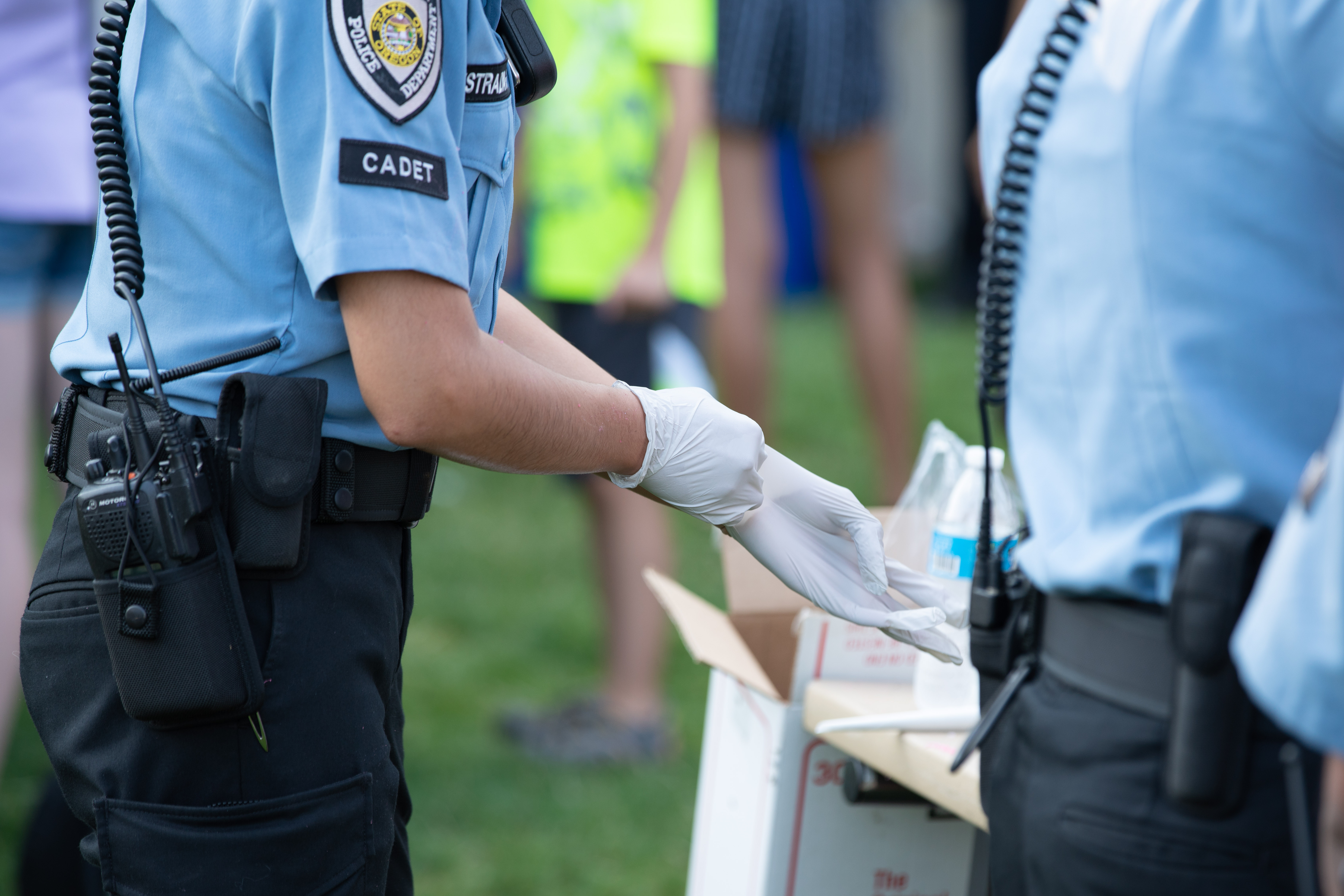Share This Article
Array
Imagine a sniffer dog incorrectly indicates to police that you have drugs on you outside the entrance of a music festival, which causes police to form a suspicion you have illicit drugs on you, but you actually don’t.
Imagine, then police escort you away in view of everyone watching this infold, and you are taken to a covered area where a police officer informs you that you are about to be strip searched without your consent.
Imagine, your then directed to remove your clothing only for police to realise you don’t have any prohibited drugs on you because your innocent.
Now imagine this occurs to you at the age of 16.
Well, this is exactly what allegedly happened to a 16-year old girl in 2018 when she attended the Splendour in the Grass music festival at Byron Bay.
It’s reported that the girl was approached by police when a sniffer dog gave an incorrect positive indication of drugs. Police then requested for her identification.
The girl’s parents were not contacted, nor was anyone else capable of caring for the girl before the girl was required to remove all clothing.
The girl reportedly said, “I could not believe this was happening to me; I wouldn’t stop crying; I was completely humiliated… I was absolutely shocked that the police would do this to me.”
The girl has said that after her phone was taken, and when she was separated from friends, she was frightened. That she was then directed to squat and asked to remove the pantyliner inside her underwear for police inspection.
She recalls her ordeal when approached by police who had ordered her to “put your hands where I can see them and don’t reach for anything”.
She was then taken to another area by police with her hands in the air, as she heard other people saying words to the effect that ‘police had someone’.
No prohibited drugs were found on the 16-year old girl.
This followed a public enquiry into the alleged illegal strip-search of the girl.
The enquiry heard that over 90% of strip-searches on 143 people had resulted in finding nothing illegal.
In fact, the event commander was asked if he saw anything in the girl’s alleged circumstances that would provide some justification in strip searching her, to which the officer said, “based on what you’ve told me… I’d probably say ‘no’.”
The Counsel providing assistance to the Commissioner, Peggy Dwyer said, “Absent any legal justification it would constitute an assault.”
512 personal searches were conducted at the festival last year. 143 of them were strip-searches, out of which 7 were children.
125 of the personal searches had resulted in finding something illegal, while only 12 of the strip-searches were discovered to have something illegal.
An illegal search of a person is a grave invasion of privacy, intrusion of civil rights of liberty and breach of Article 9.1 of the international covenant on civil and political rights.
For questions on this topic, contact our criminal law firm in Parramatta or Sydney CBD.
The Law on Strip Searches in NSW
Where police don’t have a warrant, they are generally not allowed to strip search a person in a location (other than a place of detention or police station), unless the police officer holds a reasonable suspicion that the strip search is both urgent and necessary for the purposes of the search.
Police can also not strip search a person (without a warrant) at any place of detention or police station, unless the police officer holds a reasonable suspicion that it’s necessary for the purposes of a search.
This power is given to NSW police by section 31 Law Enforcement (Powers and Responsibilities) Act 2002 (NSW).
In respect to purposes of a search, a NSW police officer in NSW may without having a warrant search a person if the officer holds a reasonable suspicion that the person:
- Has anything unlawfully obtained in his/her possession; or
- Anything in his/her possession used or intended to be used in the commission of a crime considered a ‘relevant offence’ (which includes an offence carrying a maximum penalty of at least five-years imprisonment); or
- Has a dangerous article, being used or has been used, in the commission of a relevant offence in his/her possession (in a public place); or
- Has possession of a prohibited plant or drug under the Drug Misuse and Trafficking Act 1985 (NSW).
Where a person has already been arrested by police, a police officer may search that person without a warrant if the officer holds a reasonable suspicion that it’s prudent to search him/her to find out whether he/she is carrying anything that, would present a danger, could be used to assist him/her escaping, has possession of something related to an offence that’s been committed, has possession of something that will provide evidence of an offence or has something used or intended to be used in the commission of a crime (reflected in section 27).
According to section 21, a police officer may seize or detain the thing found from such a search if a police officer who lawfully conducts the search on a person ends up:
- Finding something the officer suspects on reasonable grounds is stolen or unlawfully obtained; or
- Finds something which the officer suspects on reasonable grounds may provide evidence of the crime (of a relevant offence); or
- Finds a dangerous article or prohibited drug or plant.
This also means, that if the search was not legally conducted according to law, anything if found by police can be inadmissible- which means that it will not be allowed to be used as evidence against you in court.
Police are prohibited under section 34 from strip searching a child who is aged under 10-years.
If the person who is about to get searched by police gives consent to being searched, then police are permitted to conduct the search on the person, but only if before conducting the search:
- The police officer provides the person with his/her name and place of duty; and
- The police officer provides evidence to the person that he/she is a police officer (except if the police officer is wearing police uniform) (reflected in section 34A).
Where a police officer strip searches a person aged 10 – 18 years or if the person is intellectually impaired, the officer may only strip search that person while there is a parent or guardian present at the time.
The strip search also cannot involve the officer searching the person’s body cavities, nor involve touching the body for purposes of examination.
See our previous article for a thorough outline on the rules that police must follow when strip searching a person in NSW.
Need legal advice? call our team 24/7 on (02) 8606 2218 to speak with a specialist criminal lawyer in Sydney or from our 7 other conveniently located offices today.
Book a Lawyer Online
Make a booking to arrange a free consult today.
Call For Free Consultation
Call Now to Speak To a Criminal Defence Lawyer
Over 40 Years Combined Experience
Proven SuccessAustralia-Wide
Experienced LawyerGuarantee
 (02) 8606 2218
(02) 8606 2218
 (02) 8606 2218
(02) 8606 2218















